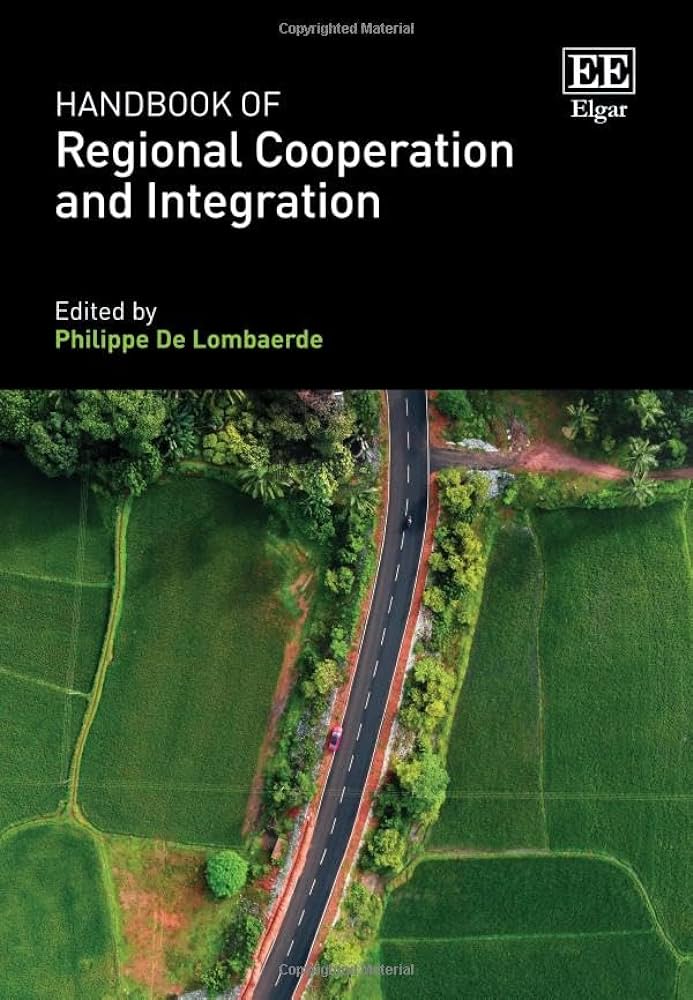Chapter 4 Regional Digital Governance

Sophie Hoogenboom, Jamal Shahin, Carlota Morais, Mauro Santaniello
Abstract
This chapter examines the concept of digital governance and its regional institutional arrangements, initiatives, and strategies. It explores the challenges of contemporary political institutions to deal with the 21st-century’s technological developments and highlights the concentration of power in the hands of a few key actors. The authors take a broad understanding of digital governance as the framework established by political actors to facilitate the digital transformation, covering different policy fields. The chapter distinguishes between governance of digital technologies and governance on (or by) digital technologies, emphasising the management of the infrastructure that enables organisational change. The chapter identifies the emergence of digital diplomacy as one of the key areas of high politics in the international arena, blurring the boundaries between political, economic, and technical expertise. The empirical evidence suggests that digital governance is seen as a field where work needs to be done to build or maintain leadership in the regions studied. Regional integration in digital governance aims to build stronger national economies and considers norms and values exercised in the digital space. The chapter concludes by examining the future of digital governance across regions, looking beyond regional developments to global attempts to promote digital cooperation and discussing the emerging policy instrument of digital sovereignty.



Comments are closed, but trackbacks and pingbacks are open.